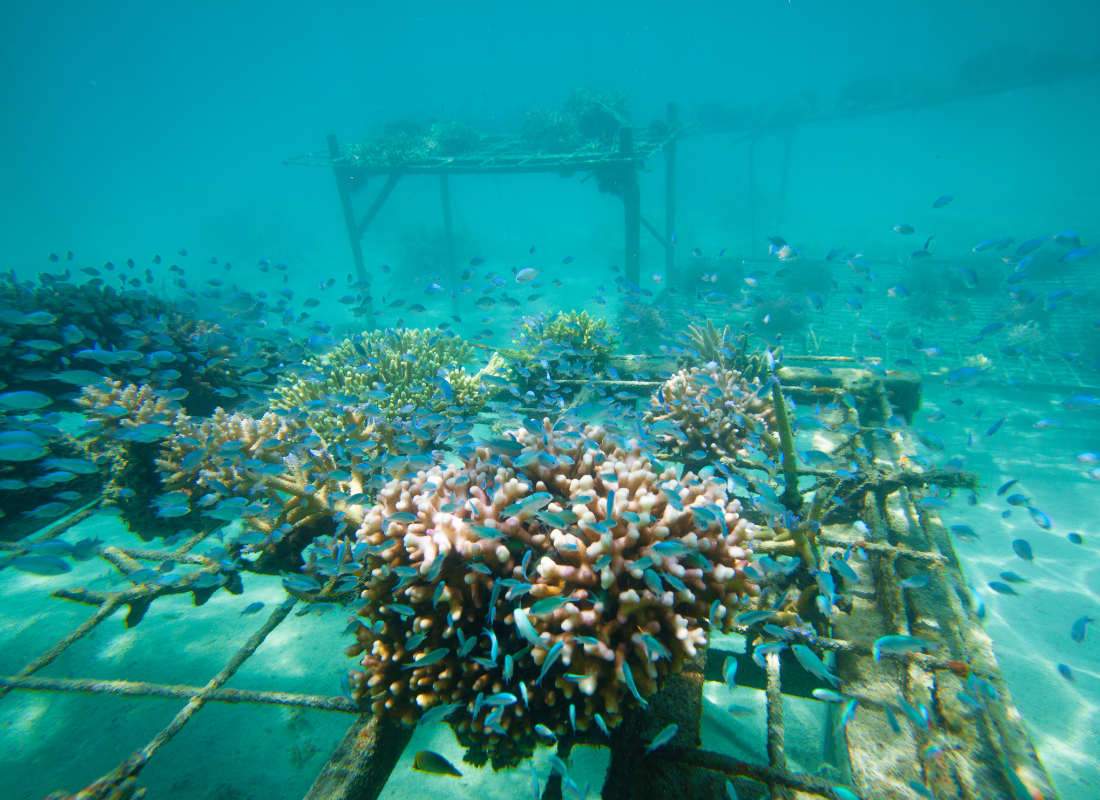
The health of our oceans is intricately linked to the well-being of marine life, which encompasses a diverse array of species, from microscopic plankton to majestic whales.
Unfortunately, human activities such as pollution, overfishing, and habitat destruction have placed immense pressure on marine ecosystems, threatening the survival of countless species.
However, individuals have the power to make a positive difference through their actions. In this article, we will explore various ways in which people can help protect and preserve marine life, empowering individuals to become stewards of our oceans.
Reduce Plastic Consumption
 Plastic pollution is one of the most pressing threats facing marine life today.
Plastic pollution is one of the most pressing threats facing marine life today.
To combat this issue, individuals can take steps to reduce their plastic consumption and minimize waste. This can be achieved by using reusable bags, bottles, and containers, avoiding single-use plastics such as straws and utensils, and opting for products with minimal packaging.
By reducing plastic waste, individuals can prevent marine animals from ingesting or becoming entangled in plastic debris, safeguarding their health and habitats.
Support Sustainable Seafood
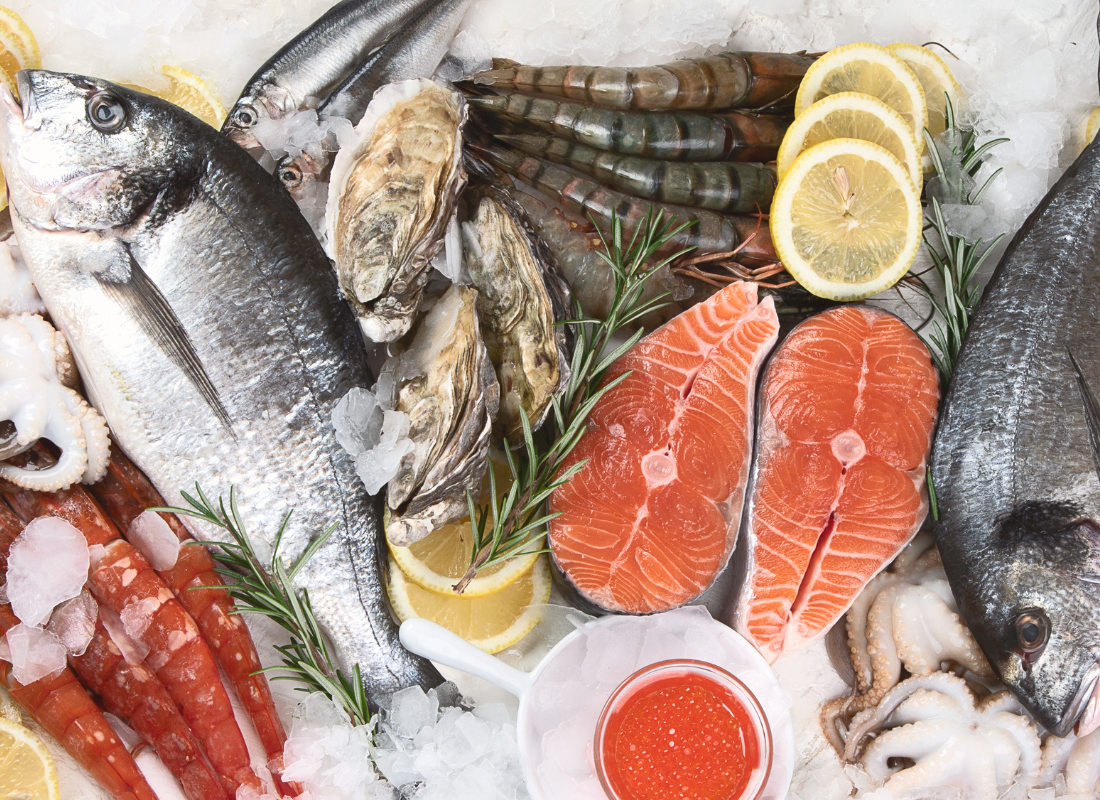 Overfishing is a significant threat to marine biodiversity, with many fish stocks depleted or overexploited due to unsustainable fishing practices.
Overfishing is a significant threat to marine biodiversity, with many fish stocks depleted or overexploited due to unsustainable fishing practices.
To support marine life conservation, individuals can make informed choices when purchasing seafood and opt for sustainably sourced and responsibly harvested products.
This can involve choosing seafood that is certified by reputable sustainability organizations, such as the Marine Stewardship Council (MSC) or the Aquaculture Stewardship Council (ASC), and avoiding species that are at risk of depletion.
Participate in Beach Cleanups
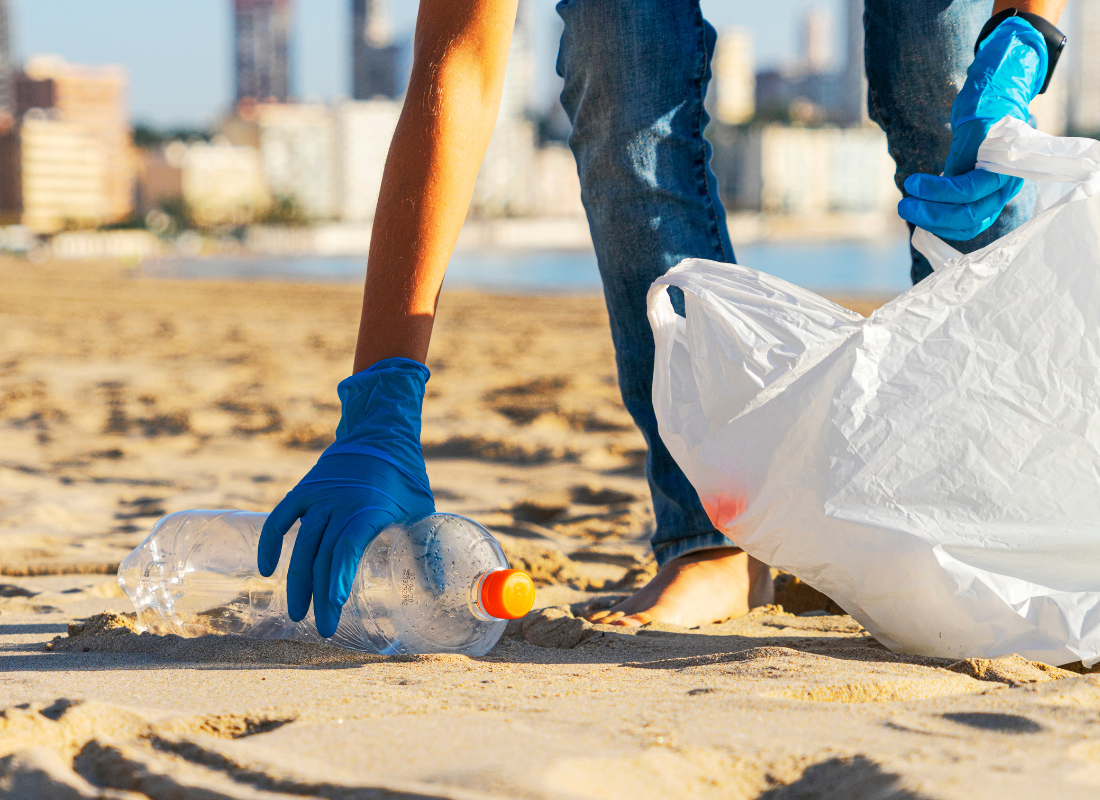 Beach cleanups are an effective way to remove litter and debris from coastal areas, preventing pollution from entering the ocean and harming marine life.
Beach cleanups are an effective way to remove litter and debris from coastal areas, preventing pollution from entering the ocean and harming marine life.
Individuals can participate in organized beach cleanups organized by local environmental organizations or take the initiative to clean up their favorite beaches independently.
By removing trash from beaches and shorelines, individuals can protect marine animals from ingestion, entanglement, and habitat degradation, while also preserving the beauty and integrity of coastal ecosystems.
Practice Responsible Boating and Recreation
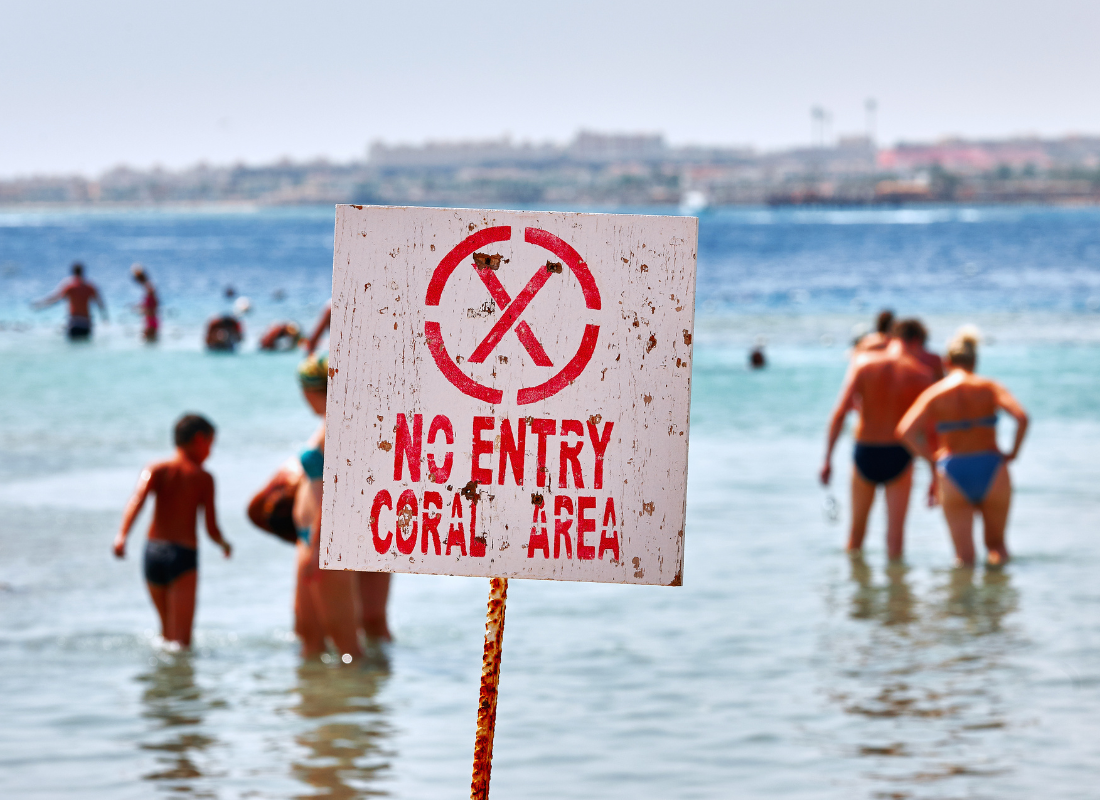 Boating, fishing, and recreational activities can have unintended impacts on marine life if not conducted responsibly.
Boating, fishing, and recreational activities can have unintended impacts on marine life if not conducted responsibly.
Individuals can minimize their impact on marine ecosystems by following boating regulations, respecting marine protected areas and wildlife habitats, and disposing of waste properly.
Additionally, recreational activities such as snorkeling and diving should be conducted in a manner that minimizes disturbance to marine animals and their habitats, allowing them to thrive undisturbed.
Support Conservation Organizations
 There are numerous organizations dedicated to marine life conservation, ranging from local grassroots initiatives to international conservation groups.
There are numerous organizations dedicated to marine life conservation, ranging from local grassroots initiatives to international conservation groups.
Individuals can support these organizations by volunteering their time, donating funds, or participating in advocacy campaigns and awareness-raising activities.
By supporting conservation efforts, individuals can contribute to the protection of marine habitats, the restoration of endangered species, and the implementation of policies and regulations aimed at safeguarding marine biodiversity.
Educate Yourself and Others
 Education is a powerful tool for raising awareness about the importance of marine life conservation and inspiring action.
Education is a powerful tool for raising awareness about the importance of marine life conservation and inspiring action.
Individuals can educate themselves about marine ecosystems, the threats facing marine species, and the role that they can play in protecting the ocean environment.
Additionally, individuals can share their knowledge and passion for marine conservation with others, whether through social media, community outreach, or educational programs.
By spreading awareness and inspiring others to take action, individuals can amplify their impact and foster a culture of stewardship and respect for the oceans.
Conclusion
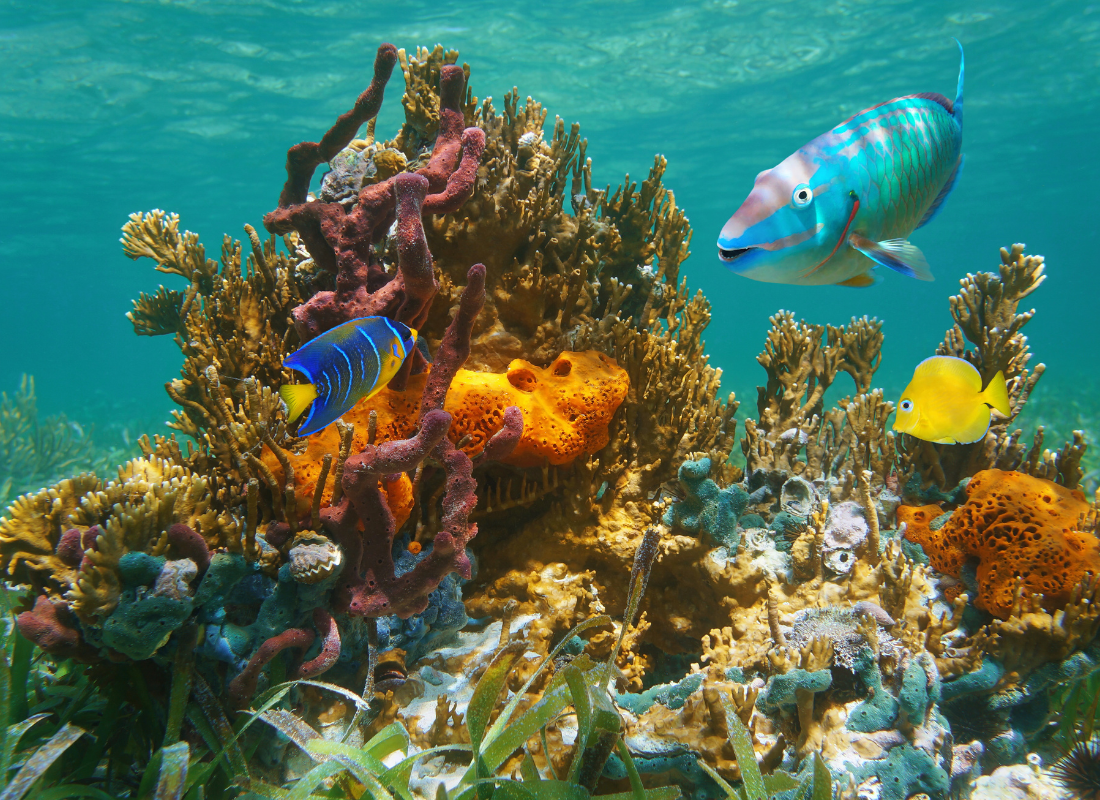 The health and vitality of marine life depend on the collective efforts of individuals around the world.
The health and vitality of marine life depend on the collective efforts of individuals around the world.
By taking proactive steps to reduce plastic consumption, support sustainable seafood, participate in beach cleanups, practice responsible boating and recreation, support conservation organizations, and educate themselves and others, individuals can make a meaningful difference in protecting and preserving marine ecosystems.
By empowering individuals to become advocates for marine life conservation, we can ensure a brighter future for our oceans and all the creatures that call them home.




